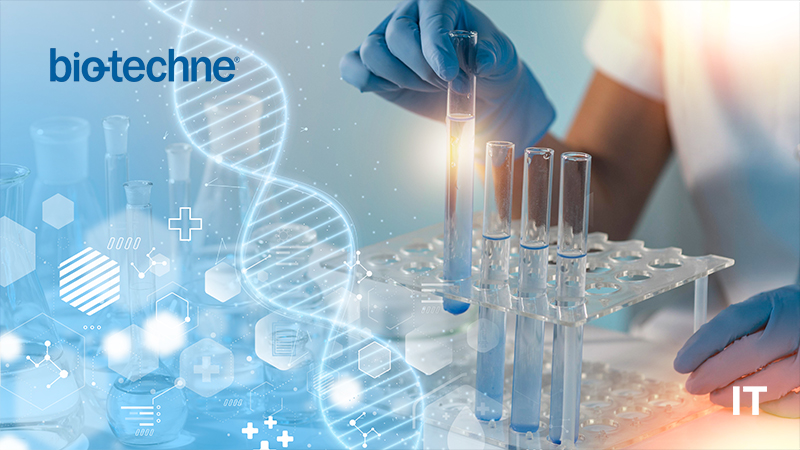BioTechne Corporation was pleased to host presentations by three industry experts yesterday at the CASSS CE Pharm conference in Philadelphia, PA. These industry experts highlighted how Bio-Techne’s Protein Simple branded Maurice and MauriceFlex systems improved their therapeutic development workflows. Both systems offer automated capillary isoelectric focusing (icIEF), which is the gold standard for protein charge analysis, and capillary electrophoresis sodium dodecyl sulfate (CE-SDS) for size analysis. MauriceFlex™ adds protein charge fractionation for downstream charge variant characterization.
The first talk by Whitney Gaynor of Eli Lilly and Company focused on bridging Maurice and iCE3 (Bio-Techne’s legacy iCE instrument) for protein charge heterogeneity analysis. Over 10 late stage and commercial products were analyzed to determine comparability between iCE3 and Maurice. Additionally, the Maurice Empower Control Kit was leveraged to better understand the functionality of the Waters™ Empower software with Maurice. As a result of this study, appropriate comparability protocols were developed to transfer methods from iCE3 to Maurice, including the use of Empower to control Maurice systems at all Lilly and partner laboratories.
In the second presentation, Amreen Jonas of Mereana Therapeutics discussed the direct identification and characterization of charge variants by icIEF fractionation on MauriceFlex, followed by mass spectrometry (MS) analysis. In this study, a monoclonal antibody’s (mAb) charge variants were fractionated using icIEF and analyzed with intact MS, enabling accurate identification of charge variants, and providing insights into the mAb’s charge heterogeneity.
The third presentation by Xiaoping He and Sisi Huang of Pfizer elaborated on icIEF peak identification of AAV capsid proteins through fractionation on the MauriceFlex system. MauriceFlex was found to overcome the challenges of conventional icIEF systems, which lack the capability to characterize charge species and typically require the development of an ion-exchange chromatography (IEX) workflow to collect AAV charge fractions for downstream analysis. However, by enabling fast, high-resolution method for charge-based fraction collection, MauriceFlex serves as an orthogonal technique to IEX, and is particularly promising for AAV gene therapy product development.
“These scientists have made a significant contribution in charge heterogeneity analysis,” said Will Geist, President of the Protein Sciences Segment, BioTechne. “By combining technical expertise and innovative methods, they’ve pushed the boundaries of understanding and offered practical solutions that could revolutionize protein heterogeneity analysis in biotherapeutic development.”
SOURCE: Prnewswire


































